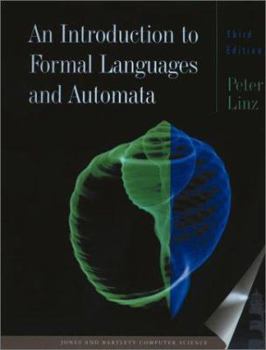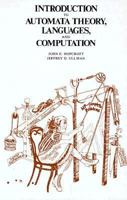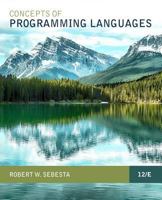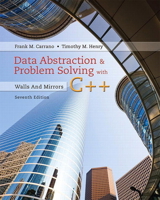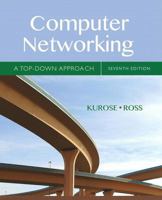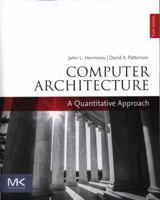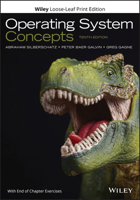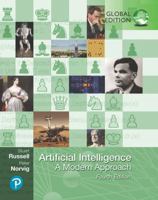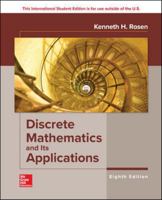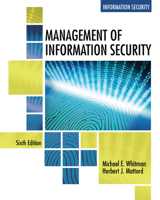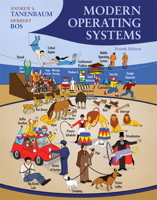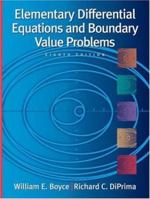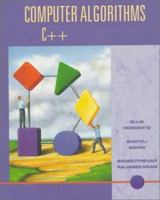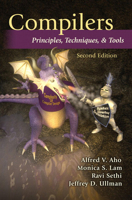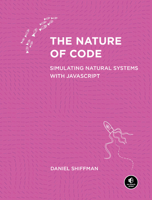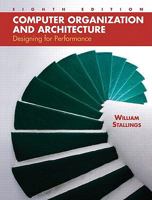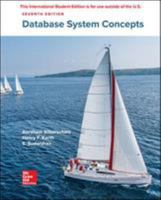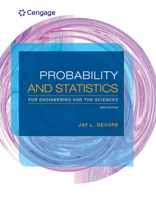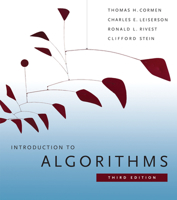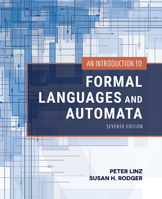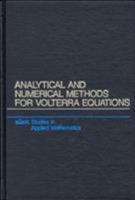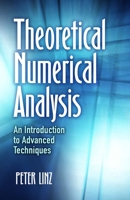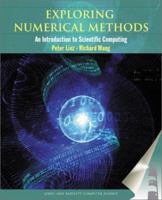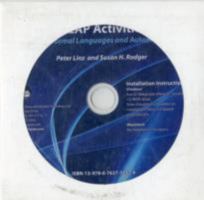An Introduction to Formal Languages and Automata
Select Format
Select Condition 
You Might Also Enjoy
Book Overview
Customer Reviews
Rated 5 starsfor the brainy one
Lot of review didn't like this book simply because it was "confusing", well this subject is inherently confused. I had to use this book for one of my course, and to my opinion is it a good book, it does a good job of explaining the concept, providing enough proof but not to the point that it bogged down the reader. If you put some effort in and actually think about all the concept/algorithm, you will like it much better, to...
0Report
Rated 4 starsA good introduction to a difficult topic
Peter Linz's "An Introduction to Formal Languages and Automata" does a pretty good job at what the title implies: providing introductory explanations of the field of formal languages and automata. By its nature, some of the concepts in this field are fairly obscure and to follow their power or relevance requires some mathematical training and rigor. (Translation: this stuff can be hard to grasp at first, particularly for...
0Report
Rated 5 starsA very good book
I have used this book for a course about automata and formal languages. I think the text is very good and can be easily understood. The exercises require some study and time, but i think it's good to let the student work. After all, by just reading something you've forgotten most of it after a few months. The proofs are not hard to understand, you should just grab a piece of paper and try to follow them. If some people...
0Report
Rated 5 starsExcellent!
This is really a good introduction for any student wishing to pursue a high-level career in computer science. A must-read.
0Report
Rated 5 starsA very good introduction indeed
Contrary to what some other reviewers claim, this book is perfectly suitable as a tutorial and course book for computer science and mathematics students at the academic level. It aims to lay a firm and necessary theoretical groundwork for various fields in software and hardware design. Its best quality perhaps is its potential to convey the ability to write sound formal proofs. The proofs are definitely *not* hard, with...
0Report










